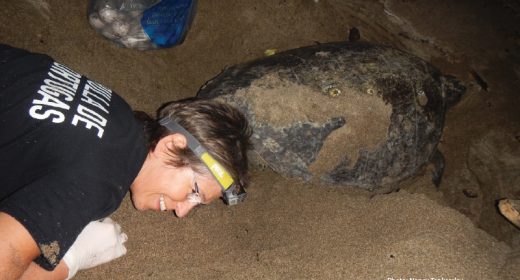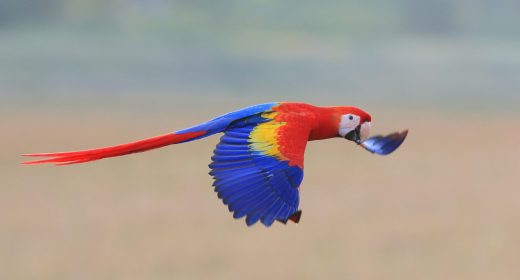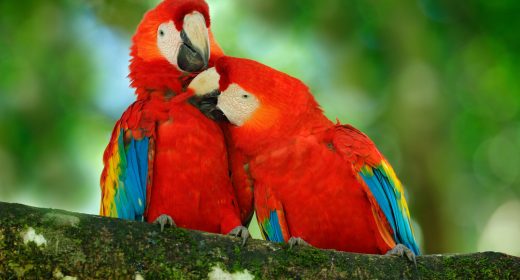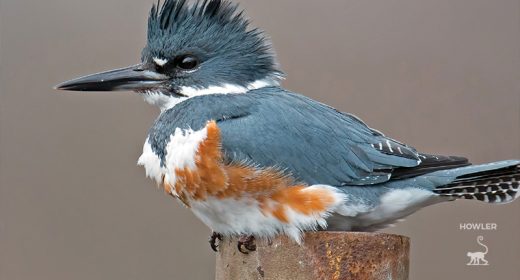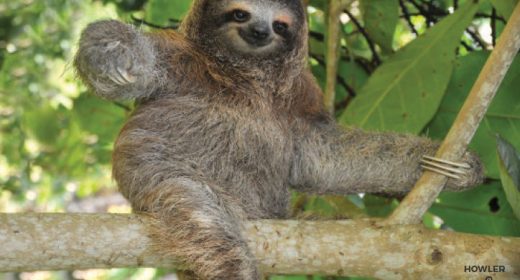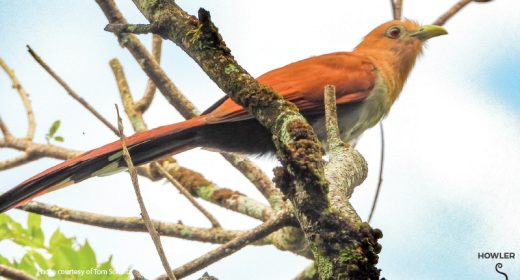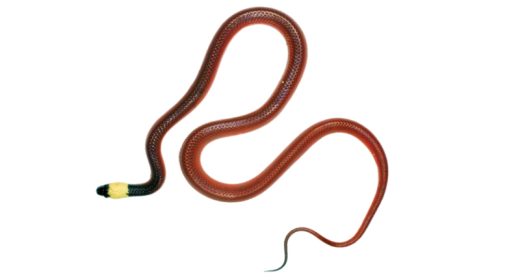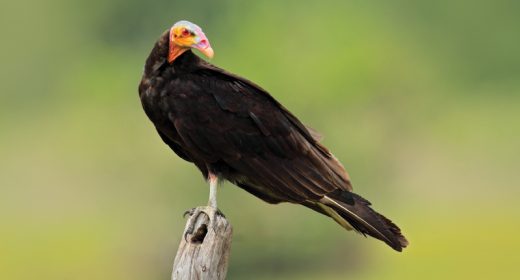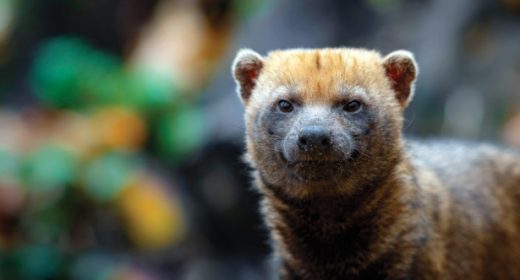
Creature Feature – Tree Boas
- MAY 03, 2018Warning: count(): Parameter must be an array or an object that implements Countable in /home/howlermag/public_html/old/wp-content/themes/new-paper/includes/general.php on line 193
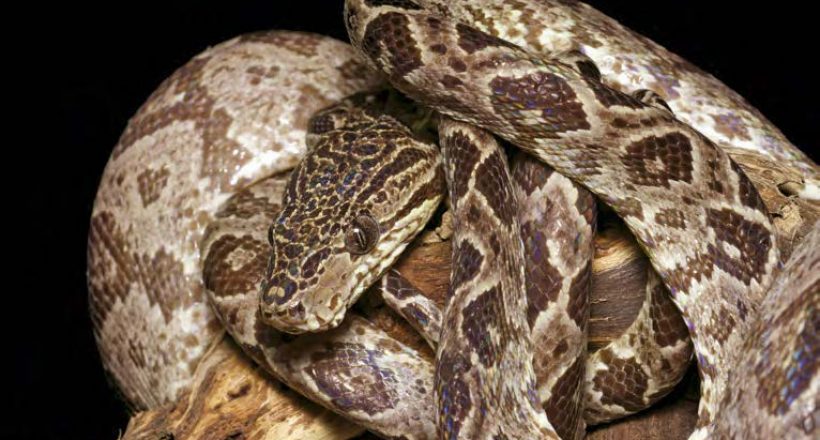
Your Lead Paragrpah goes here
Three species of tree boa are common throughout many areas of Costa Rica: garden, annulated and black-tailed. As their name indicates, all three types of tree boa are characterized by their arboreal existence.
They are very efficient constrictors, preying on lizards and small mammals while hunting in the trees at night. They also breed and give birth to their live young in their arboreal habitats. Tree boas also have in common a highly aggressive nature. They will not hesitate to inflict a painful and deep bite wound with their long teeth.
 None of them, however, are venomous, so the bites will normally heal with a little care and some topical antiseptic. All three species are best observed at night by shining a light into the trees and bushes and looking for eye shine.
None of them, however, are venomous, so the bites will normally heal with a little care and some topical antiseptic. All three species are best observed at night by shining a light into the trees and bushes and looking for eye shine.
The garden tree boa occurs in many different color phases and patterns, from grays and browns to vibrant yellows, reds and oranges.
The annulated tree boa occurs in two common color phases of red or gray, with varying intensities of each.
The black-tailed tree boa is normally only bronze and black, with a distinct pattern and a shiny black tail.
 Adult tree boas average five to six feet in length, with the black-tailed tree boa being the longest and heaviest. The annulated tree boa can be distinguished from the garden tree boa by its heavier body and chunkier, broader head.
Adult tree boas average five to six feet in length, with the black-tailed tree boa being the longest and heaviest. The annulated tree boa can be distinguished from the garden tree boa by its heavier body and chunkier, broader head.
